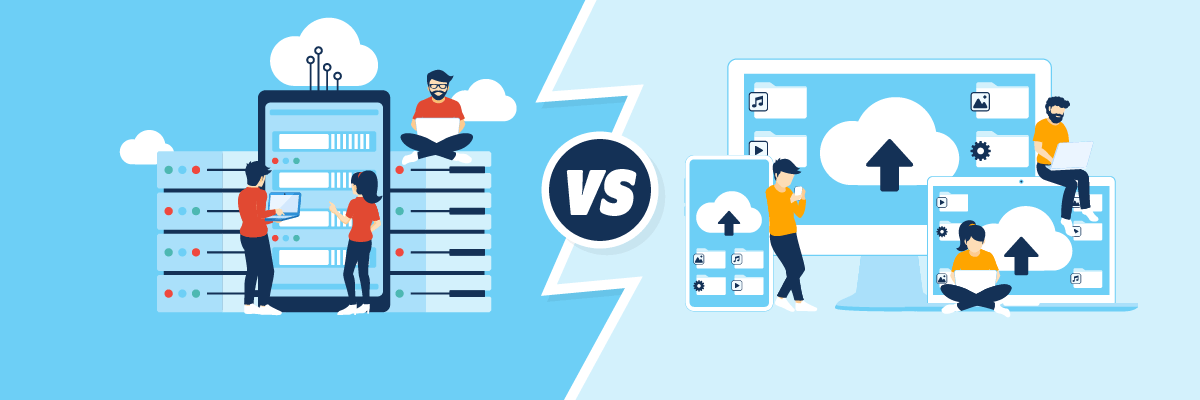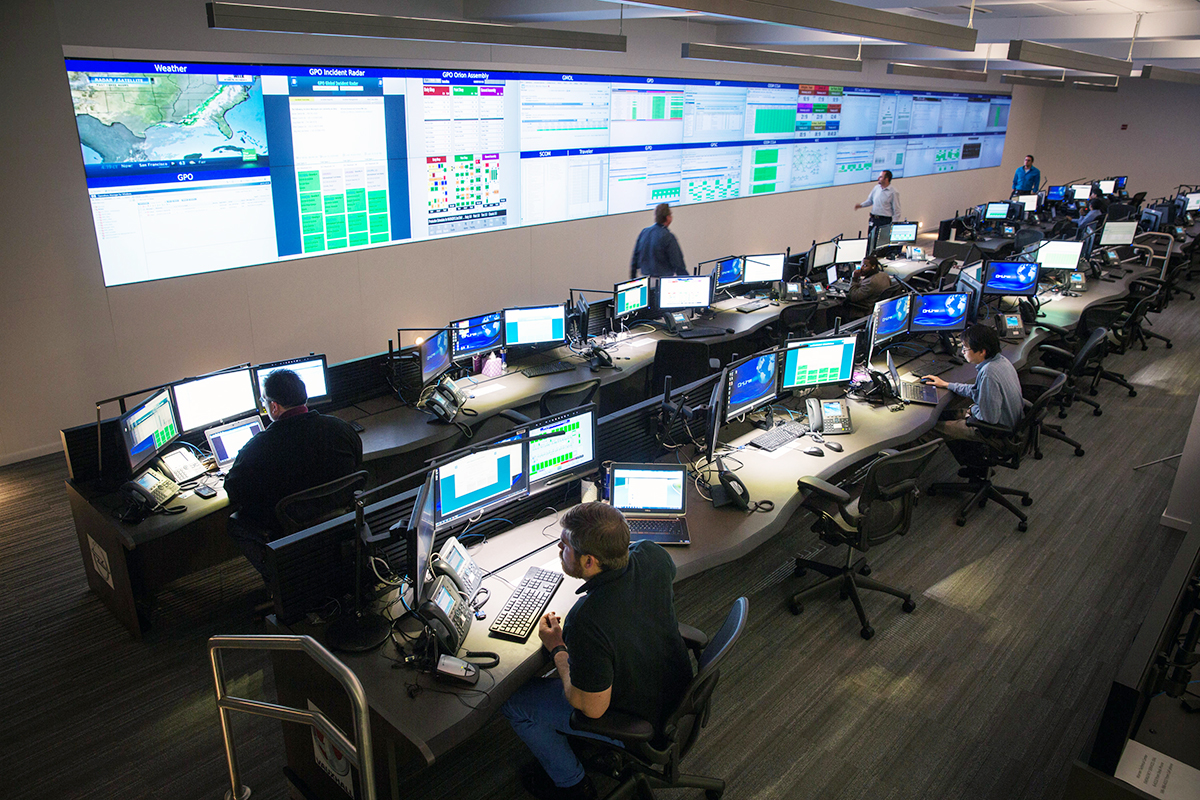Choosing between colocation data centers and cloud services can feel like deciding between a luxury car and a versatile SUV—it all depends on your needs and budget. In this blog post, we’ll break down the key differences, benefits, and challenges of each option, helping you find the ideal solution for your business.
Whether you’re an IT professional, running a small to medium-sized enterprise, or launching a tech startup, we’ll provide valuable insights to help you make the best choice. Get ready to explore which data center option aligns with your business goals and budget!
What Are Colocation Data Centers?

First, let’s dive into the world of colocation data centers—think of them as luxury hotels for your servers. At these facilities, businesses can rent space for their computing hardware, and the best part is they don’t have to worry about room service. Colocation centers provide everything your servers need, from top-notch security to climate control, making sure your precious equipment stays cool and comfy.
It’s like sending your servers on a permanent vacation while you reap the benefits!
Benefits of Colocation Data Centers

You might be wondering, “How can I benefit from colocation data centers?” Well, if you play your cards right, they can make your life a whole lot easier.
- Cost Efficiency: Colocation can be more affordable than building and maintaining your own data center. You only pay for the space and amenities you need.
- Control: You have complete control over your hardware, software, and data. This is essential for businesses with specific compliance and security requirements.
- Reliability: High availability and redundancy features ensure your systems are always up and running.
Challenges of Colocation Data Centers

Be warned, it’s not all smooth sailing with colocation data centers—there are a few hurdles to watch out for. But the good news is, if you’re aware of them beforehand, you can easily overcome these challenges. So, let’s dive into some of the potential roadblocks you might encounter.
- Initial Investment: The upfront costs for hardware and setup can be significant.
- Maintenance: You’re responsible for maintaining your equipment, which requires skilled personnel and regular updates.
- Scalability: Expanding your infrastructure involves physical changes, which can be time-consuming and costly.
What Are Cloud Services?

Cloud services give you on-demand access to computing resources like servers, storage, and applications via the Internet. It’s like having a virtual tech team that handles all the heavy lifting behind the scenes, so you can focus on what you do best. With providers managing the infrastructure, you get the flexibility to scale up or down as needed, all while keeping your business running smoothly.
Benefits of Cloud Services

With cloud services, you unlock a treasure trove of benefits. From scalability and cost-efficiency to hassle-free maintenance, the cloud makes managing your IT infrastructure a breeze.
- Scalability: Easily scale resources up or down based on demand without worrying about physical limitations.
- Cost Management: Pay-as-you-go pricing models help manage costs effectively, especially for startups and SMEs.
- Flexibility: Access your services from anywhere, making remote work and global operations seamless.
Challenges of Cloud Services

While cloud services come with plenty of perks, they’re not exactly a “set it and forget it” situation. Think of it as a high-maintenance pet—you’ll encounter a few quirks and challenges along the way. Here’s what you might face on your cloud adventure!
- Security Concerns: While providers invest heavily in security, businesses may still worry about data breaches and compliance issues.
- Dependence on the Internet: Reliable Internet connectivity is crucial, and any downtime can disrupt your operations.
- Limited Control: You have less control over the underlying infrastructure, which can be a drawback for businesses with specific compliance needs.
Choose Wisely!

By understanding the differences, benefits, and challenges of colocation data centers and cloud services, you’ll be well-prepared to make the right choice for your business. It’s like having a detailed map and compass for your tech journey, helping you navigate through options and avoid potential pitfalls.
Visit Coloco Today!
Take the next step in optimizing your IT infrastructure and explore how these options can drive efficiency, cost savings, and growth. For more information and personalized guidance, feel free to contact Coloco.


